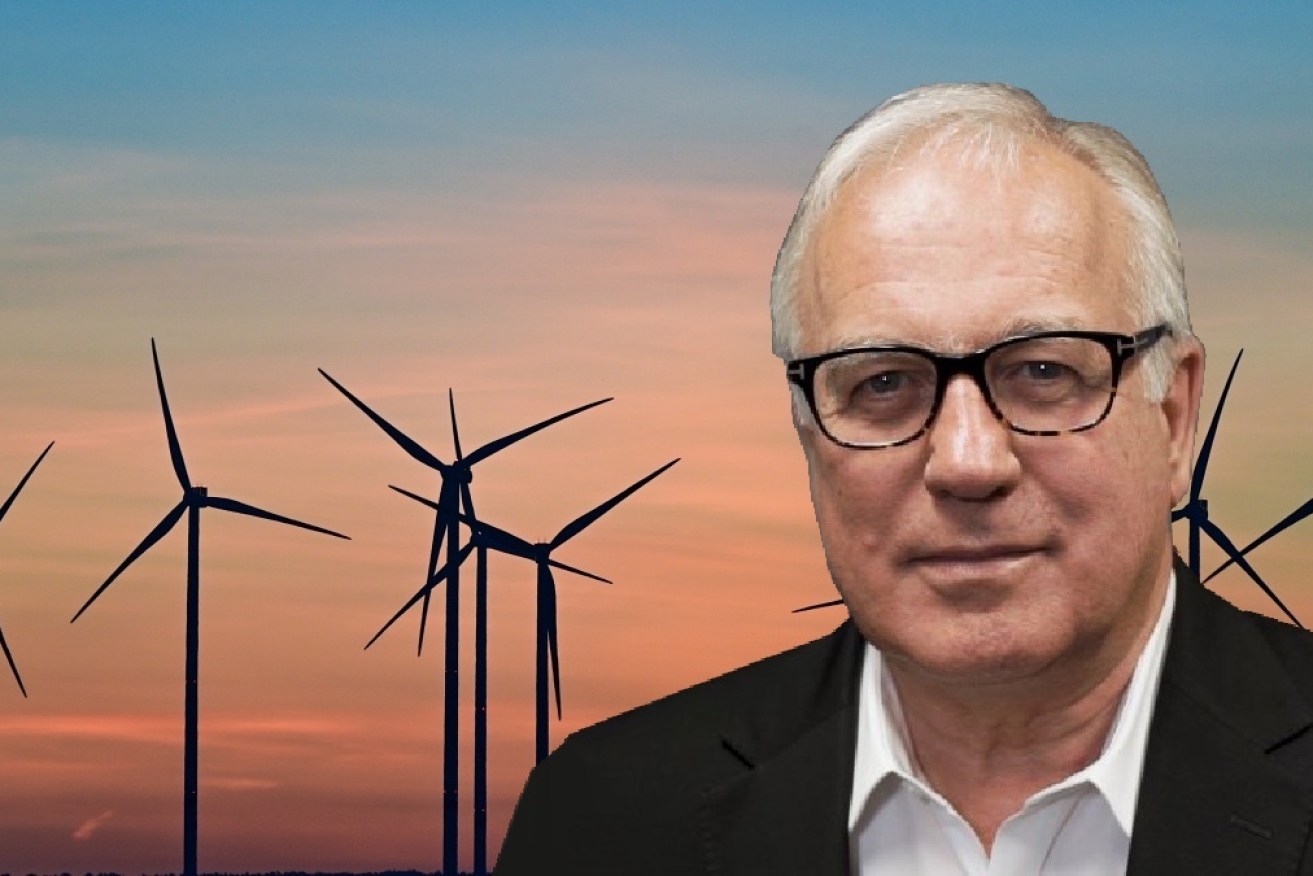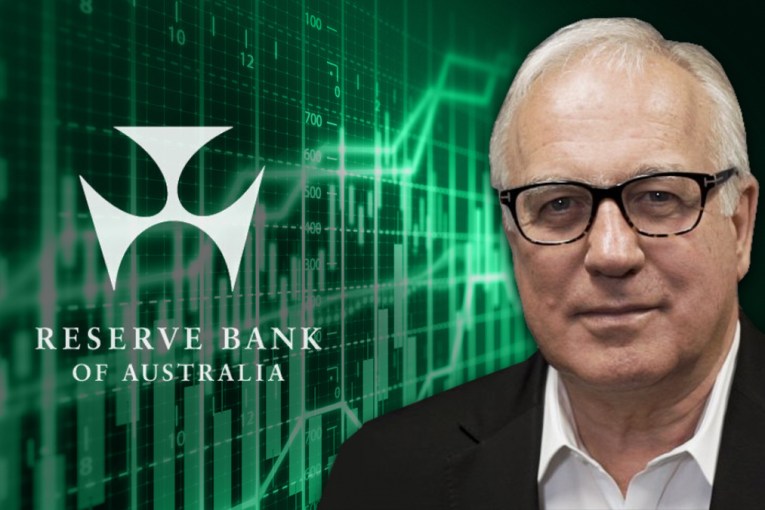Alan Kohler: Australia’s deceptive and dangerous climate-change con game


The basic choice every country must make about climate change is whether to pay for it from the budget or pass the cost on to consumers.
We’ll all pay either way in the end, of course, it’s just a question of whether it’s through taxes or prices, and whether it becomes a debt problem for the Treasury or an inflation problem for the central bank.
The United States and China have both opted for government spending, Europe for a carbon price. Australia has plumped for neither.
President Biden’s $US387 billion, rising to $US1 trillion or more, deviously-named Inflation Reduction Act, has helped blow out the budget deficit by 50 per cent to $US1.5 trillion through subsidies for renewable energy and for households to electrify.
America can do this because the US Treasury has an almost boundless ability to borrow money, so the US doesn’t have a federal emissions trading scheme or a carbon price. That means there’s more debt, but no inflation problem from climate change, which has helped the Federal Reserve to stop raising interest rates.
China shows the way
China is accounting for nearly half of the world’s investment in renewable energy. It is the largest producer and installer of solar panels, wind turbines and hydropower, as well as the largest producer and consumer of lithium, cobalt and nickel for batteries and the largest builder and exporter of electric vehicles.
It is truly the world’s renewable energy superpower.
China is also building coal-fired power stations, but these appear to be for insurance purposes – it won’t be long before it catches up to South Australia and goes almost entirely renewable.
China’s carbon price is negligible – it’s all being paid for off the budget, with borrowed money.
Europe, meanwhile, has gone for carbon pricing because it doesn’t have one budget, but many, which are not controlled in Brussels.
The current carbon price in the EU emissions trading scheme is currently 80 euros per tonne ($133) which is pushing up inflation and contributing to a very rapid increase in interest rates by the European Central Bank, probably with more to come.
Australia began with a carbon price in 2011, ditched that in 2014 and switched to paying for emissions reductions from the budget (or rather pretending to, but not) and then switched back to a sort of carbon pricing scheme in 2022 by torturing the safeguard mechanism which was built for another purpose.
The government is now basking in the glow of having it both ways – spending very little off the budget while keeping the carbon price about $30, less than a quarter of Europe’s, and at the same time talking about becoming a renewable energy superpower, hoping we don’t notice that China has done it already and we’re not in the same league.
Pulling this off for 18 months is a magnificent political achievement and they might even get away with it until the next election – if it’s an early one – before they get found out.
The ups and downs of ACCUs
The carbon price – that is, the market price of Australian Carbon Credit Units (ACCUs) – is being held down by a flood of supply from the government body, the Clean Energy Regulator.
In the first half of 2023, 6.2 million ACCUs were issued by the regulator, most of which came in the second quarter following the release of some government changes to climate policy. These included the first lot of ACCUs under the new 2021 soil carbon method, with two projects in high rainfall areas (that is, where soil carbon happens anyway) getting 151,000 units.
ANZ’s commodity economist Daniel Hynes says the surge in supply has continued into the second half of the year, with weekly data indicating about 4.5 million units were issued in Q3.
“Most of this (51 per cent of all ACCUs issued) was in the form of “vegetation methods”, while “landfill and alternative waste treatment methods” were also used heavily (24 per cent).”
The big increase in supply from the government regulator has coincided with weak demand. The second quarter of 2023 saw a decline in volumes of ACCUs traded as the market waited for the new regulatory measures to kick in, with only 10.8 million units changing hands in the secondary market. This was down 16.4 per cent from the first quarter.
In Europe, companies have to buy certificates to emit carbon dioxide in the future; in Australia they only have to buy them after CO2 has gone into the atmosphere, so there are delays, and uncertainty, further suppressing demand.
The good news for the government, is that the uncertainty and excess supply have meant that ACCUs have traded between $25 and $35 for several years, apart from a brief spike to $57, quickly scotched by the Coalition, while the EU emissions trading scheme price went from the equivalent of $25 to a peak of $175 before easing back to $133.
At the same time, a lid is being kept on government spending. To make sure of that, the Treasurer staged an intervention 10 days ago.
Follow the money
He made a speech about climate change, and while he acknowledged that he was cutting across the portfolios of others – Chris Bowen, Ed Husic, Madeleine King and Tanya Plibersek – he did it anyway, saying the points he wanted to make were from his perspective as Treasurer. That is, they were about money.
The media coverage of the speech focused on his comment that without more decisive government action, Australia’s energy transition could fall short, which was not news to readers of this publication and just showed that he’d been reading my columns, here, here, here and here.
The main purpose of the speech, I think, was to squelch any idea of more money being spent on climate change out of the budget. In fact, he was pretty clear about it: “Incentives like the type we’ve seen in the Inflation Reduction Act in the United States can be part of an answer, but they’re not the whole answer.”
Australia won’t do “the same kind of investment with the exact same subsidies”.
“Our plan will be ambitious, but uniquely Australian.”
A uniquely Australian plan. That is, not with much government spending, and not with a serious, inflationary carbon price either.
Good luck with that.
Alan Kohler writes twice a week for The New Daily. He is finance presenter on the ABC News and also writes for Intelligent Investor








